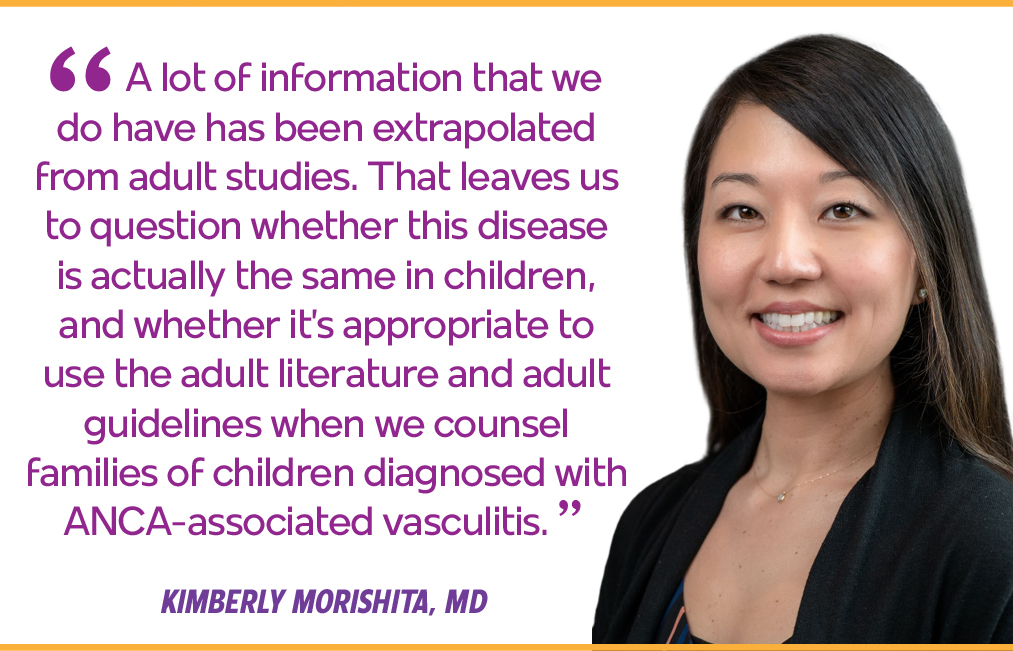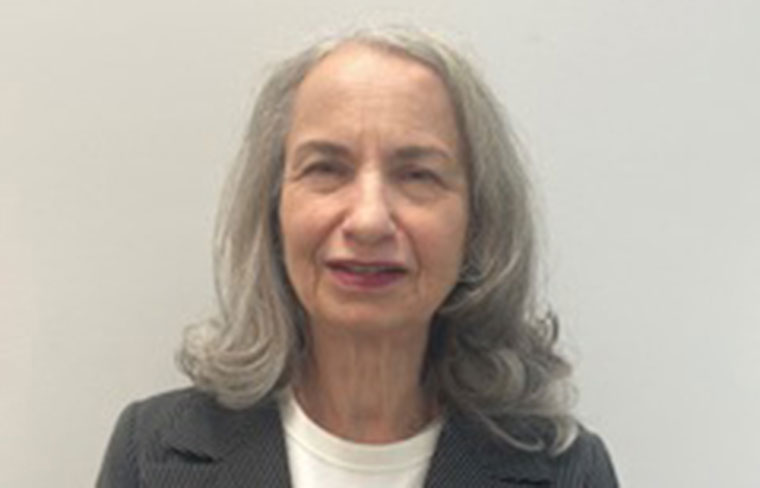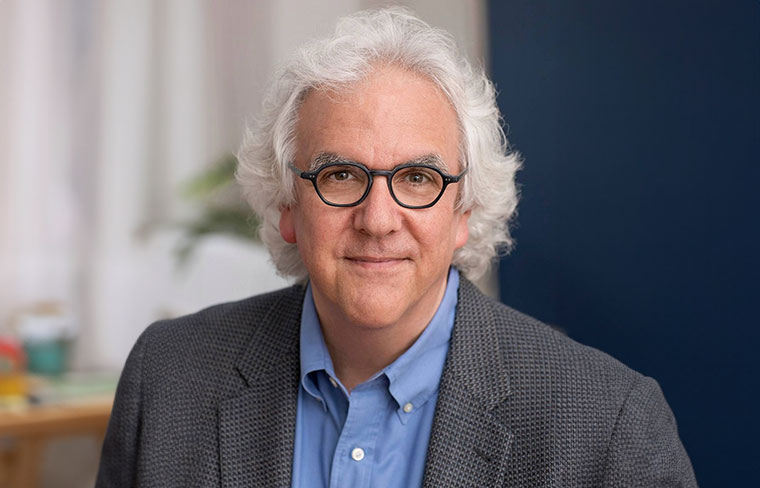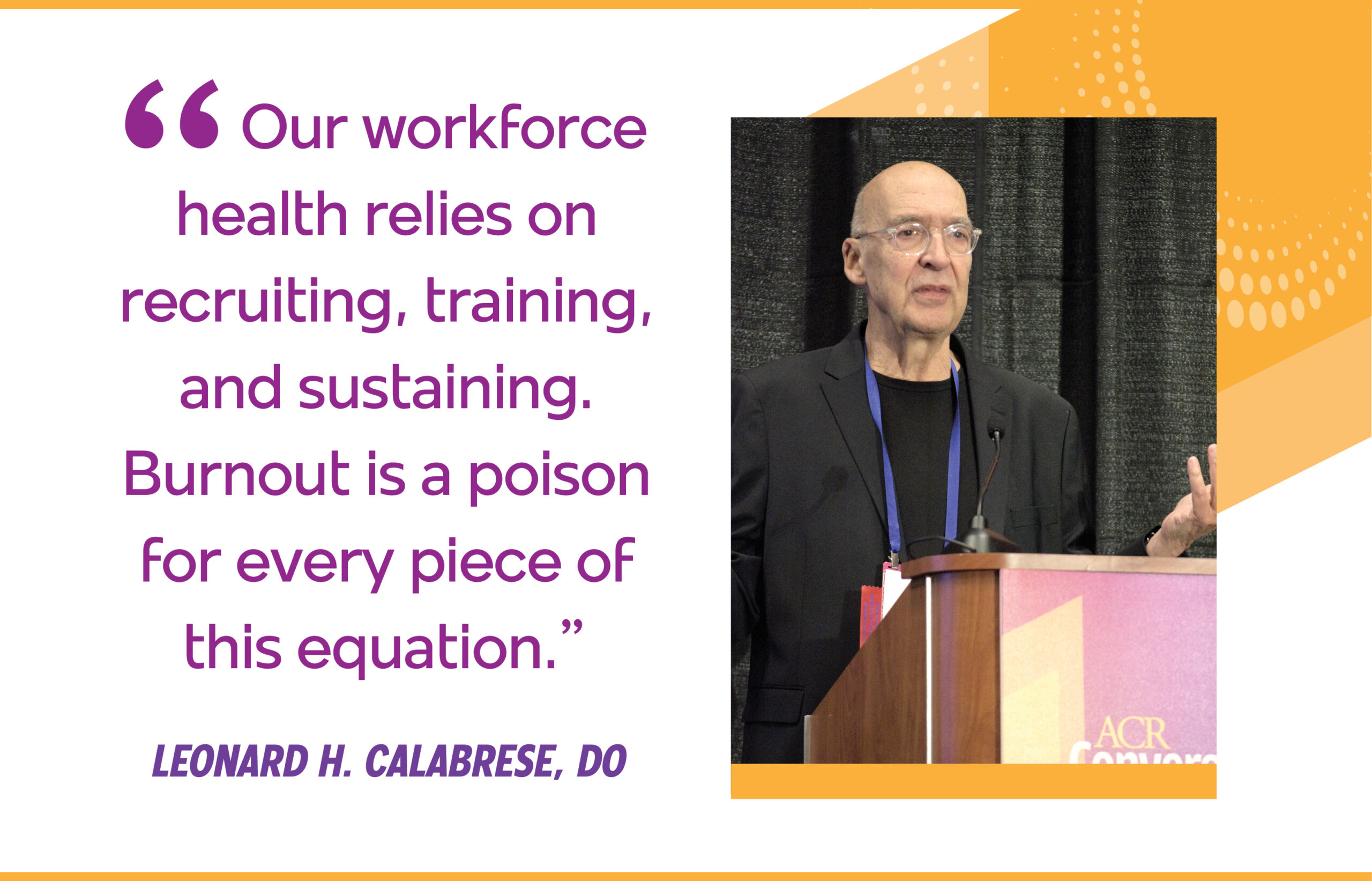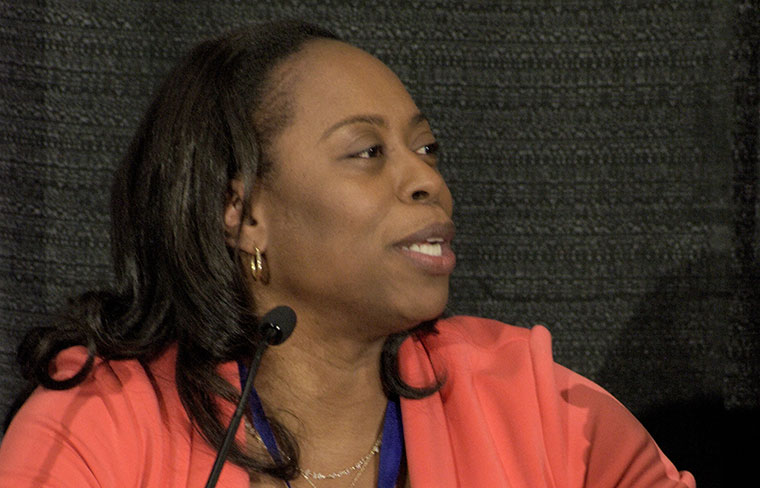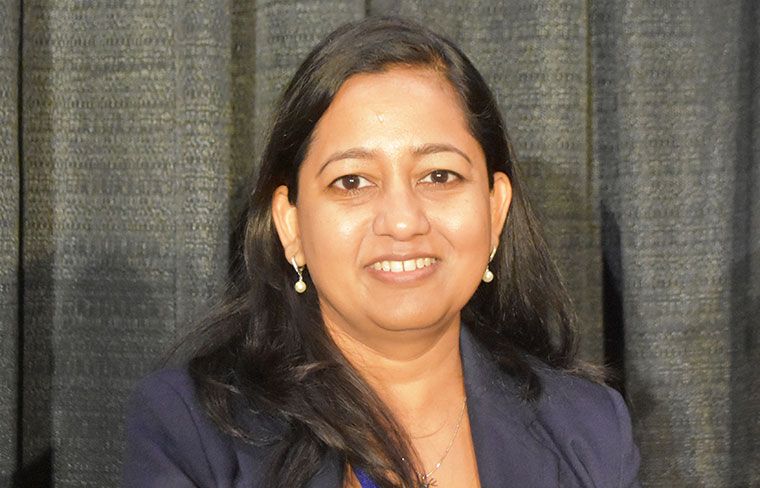
Issue 3 2024
-
Physician-Researchers Will Explore Emerging Advances in the Understanding of Pediatric ANCA-Associated Vasculitis
Much of what is known about antineutrophil cytoplasmic antibody-associated vasculitis in children has been extrapolated from adult studies. Kimberly Morishita, MD, will outline ongoing research looking at organ-specific outcomes in pediatric patients with this disease.
-
Panel to Explain How Biomaterials Can Revolutionize the Development of Therapies for Autoimmune Diseases
Investigators are working to reprogram immune cells, specifically T-cells and antigen-presenting cells, at the site of disease to enhance their immunoregulatory potential. Nisarg Shah, PhD, will share progress on this front.
-
Session Will Highlight Intersection of Cellular Aging, Age-Related Inflammation, and Autoimmune Dysfunction
James Kirkland, MD, MSc, PhD, and other panelists will explain how inflammaging — chronic, low-grade, aging-related inflammation — is linked to age-related disorders, immune dysfunction, and autoimmunity-mediated disorders.
-
Speakers to Detail Effects of Imaging Modalities on Diagnosis of Crystal-Induced Arthropathies
As part of this discussion on how different imaging tools influence diagnosis and classification, Nicola Dalbeth, MD, will outline the 2023 EULAR recommendations on imaging in diagnosis and management of crystal-induced arthropathies in clinical practice.
-
Presenters to Review Real-World Evidence Supporting Biosimilar Use
Panelists will share experiences from the United States, the United Kingdom, and Canada in the utilization of biosimilar agents and their originator compounds. Biologics are safe and effective in the treatment of rheumatological diseases, but making the switch is a significant transition for patients, says…
-
Experts to Explore Impact of Ableism on Patient Care
About 16% of the population lives with a disability, and ableism is one of the most prevalent forms of discrimination patients face. Joan Westreich, MSW, LCSW-R, will discuss what can be done to increase more inclusive practices.
-
Experiential Session to Teach Narrative Medical Writing and Medical Journalism
“We’re trying to help them use the fact that they’re a doctor narrator to their best advantage and also to become better reporters,” said Stephen Fried, BA, one of the writing experts who will conduct this workshop.
-
Session Highlights the Confluence of Burnout and Workforce Shortages in Rheumatology
Recent surveys suggest that up to two-thirds of rheumatology providers exhibit symptoms of burnout, putting the field in the upper third of burnouts by medical specialty, said Leonard H. Calabrese, DO. He and other experts discussed the ongoing challenges to keep the rheumatology workforce staffed.
-
Experts Discuss the Skin Manifestation of Rheumatic Disease
Rheumatologists frequently treat diseases with skin involvement despite having limited training focusing on the skin. Ginette A. Okoye, MD, FAAD, discussed how rheumatic disease appears in patients of color.
-
Clinicians Offer Best Practices to Diagnose and Treat Neurosarcoidosis
Neurosarcoidosis is challenging due to its heterogeneous presentations and the wide-ranging differential diagnoses clinicians must consider. Shruti Agnihotri, MD, offered a case study featuring one of several potential manifestations of the disease.
